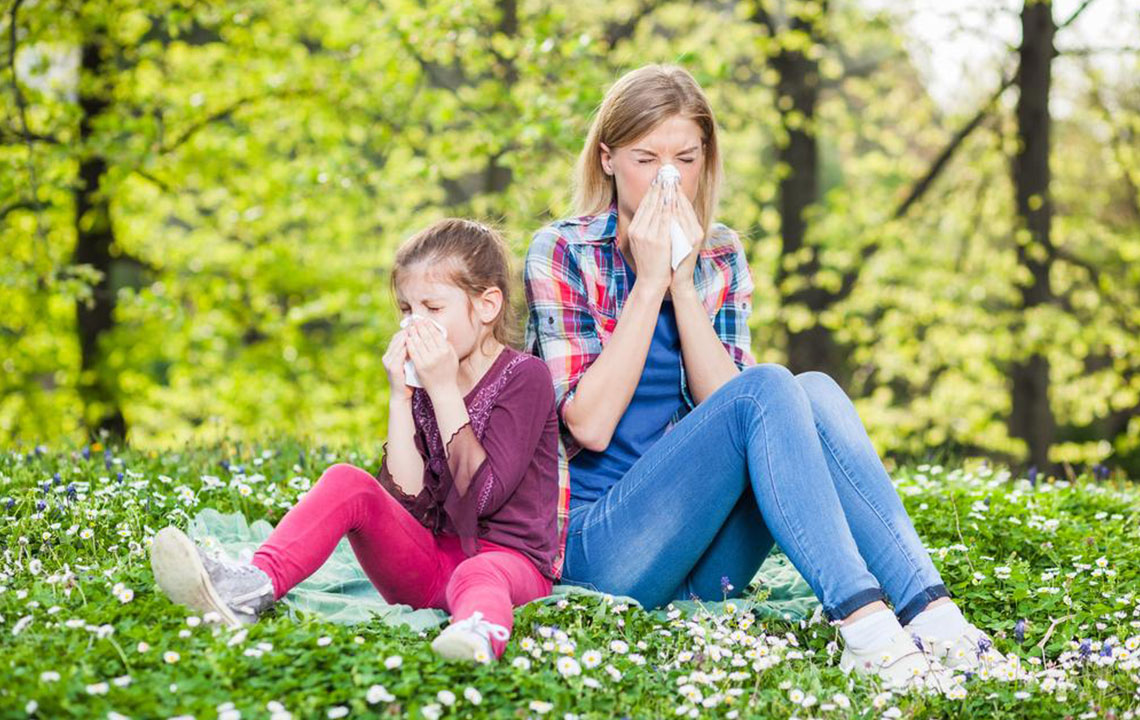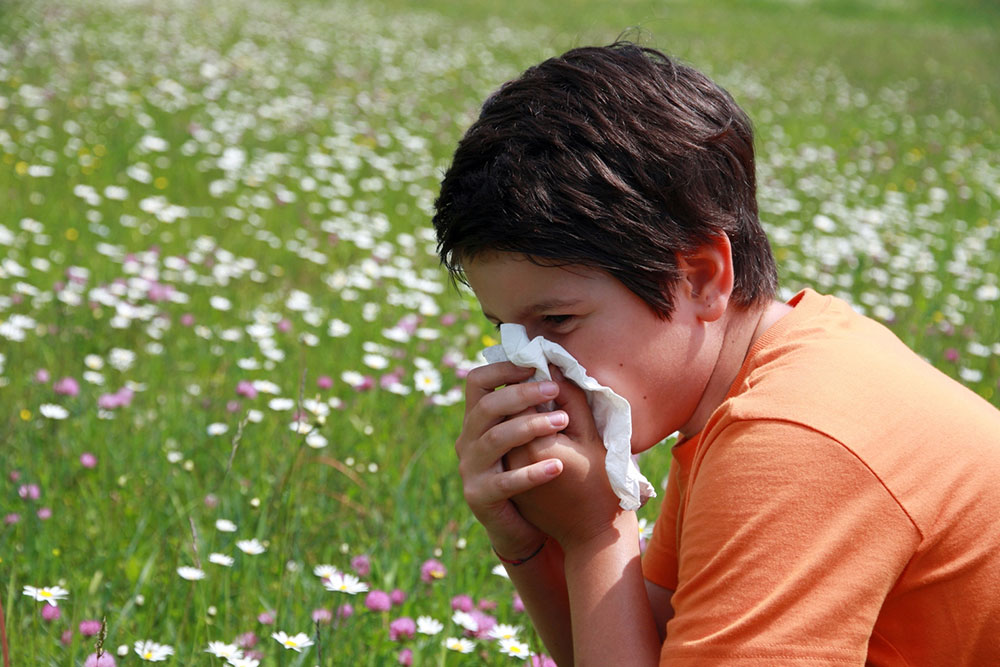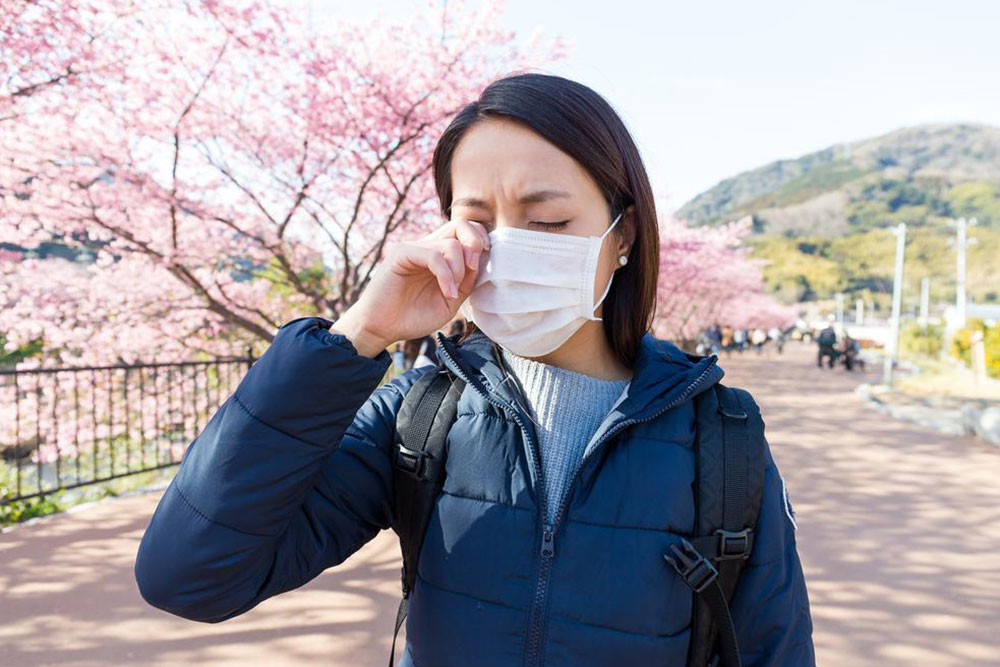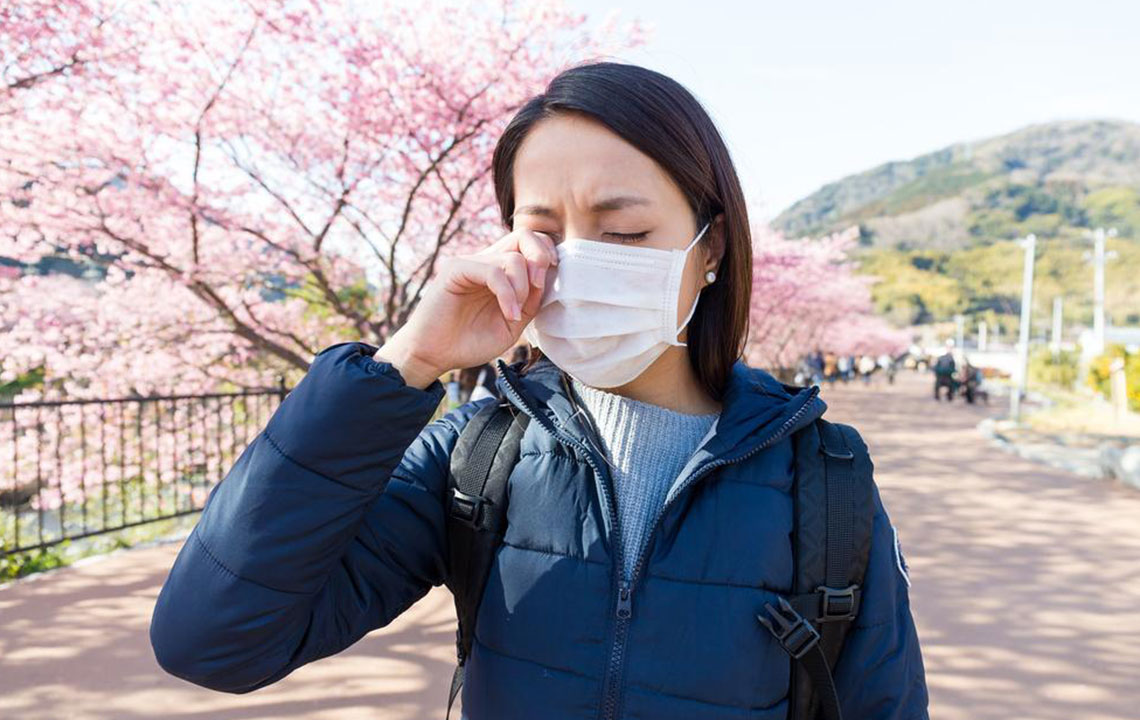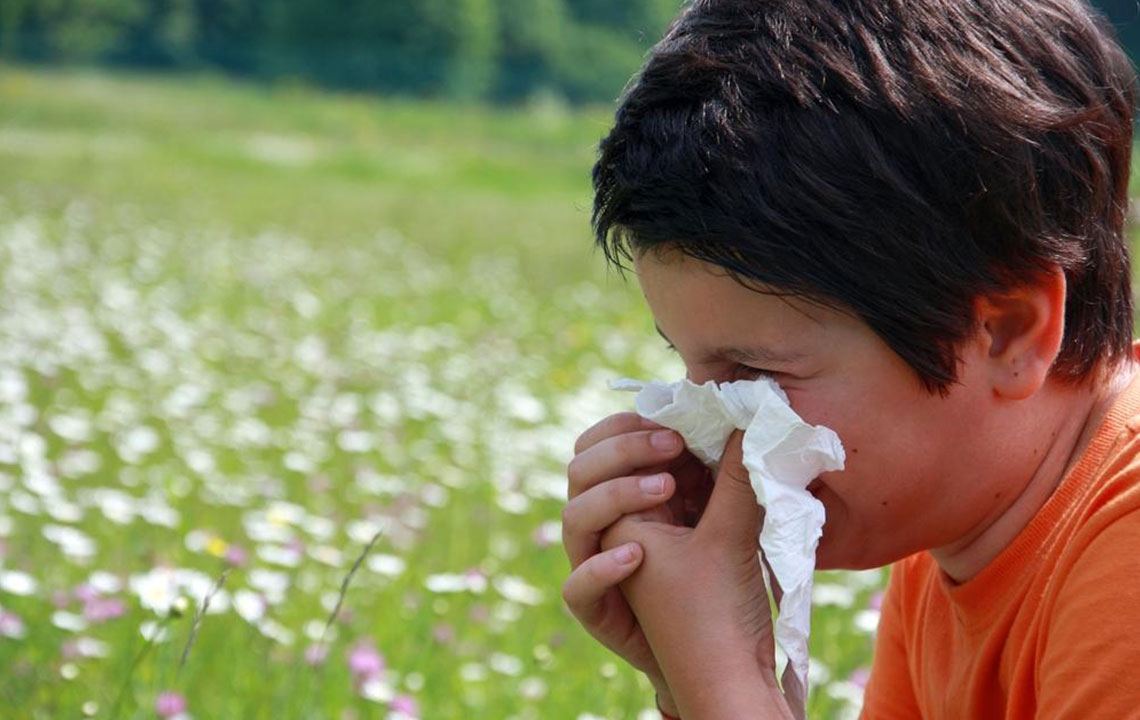Effective Strategies to Prevent and Manage Pollen Allergies
Discover effective strategies to prevent and manage pollen allergies. Learn how to recognize symptoms, modify outdoor activities, maintain indoor air quality, and adjust your diet to minimize allergy symptoms. Consult healthcare professionals for personalized treatment options and ensure a pollen-free environment for better health and comfort during allergy season.
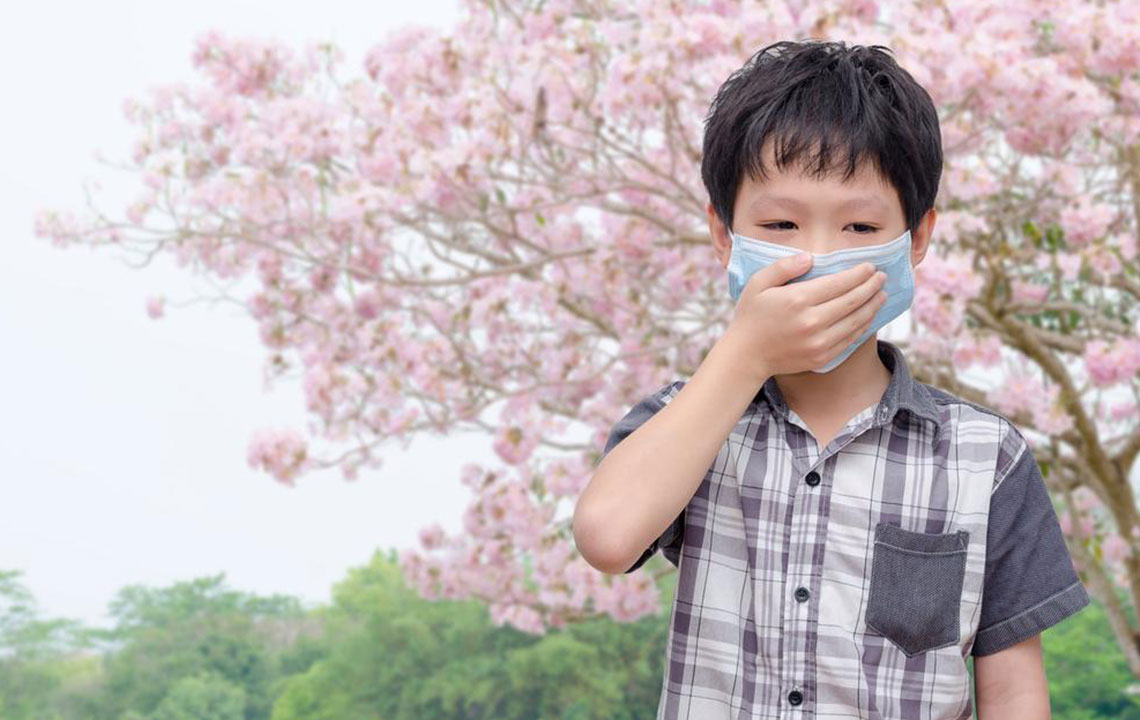
Effective Strategies to Prevent and Manage Pollen Allergies
Pollen allergies often stem from damp, unclean environments, changing weather, and poor personal hygiene. Implementing certain measures can significantly reduce allergy symptoms:
Identify genuine allergy symptoms
If your cold symptoms worsen after outdoor activities—such as a runny nose, itchy eyes, or congestion without fever—you might be dealing with allergies rather than a viral infection. Recognize the difference to seek appropriate treatment.
Consult healthcare professionals
Several treatment options are available for pollen allergies, including medications and remedies. Over-the-counter antihistamines, decongestants, and other medicines can help, but consult a doctor if symptoms persist or worsen.
To minimize exposure, adjust your outdoor activities:
Modify exercise times and locations
Pollen counts are higher in the early mornings and midday. Switching workouts to evenings or exercising indoors can help reduce allergy flare-ups.
Wear protective gear
Use masks and gloves when working outdoors in pollen-heavy areas. Don’t forget a hat and sunglasses to shield yourself from pollen and dust exposure.
Maintain indoor air quality
Keep windows closed during high pollen seasons. Regularly clean air filters, vents, and corners of your house to ensure a pollen-free environment and prevent indoor allergies.
Adjust your diet
Be aware of foods that may worsen pollen allergies. Consult healthcare providers or dieticians to identify suitable dietary choices and avoid triggers.

